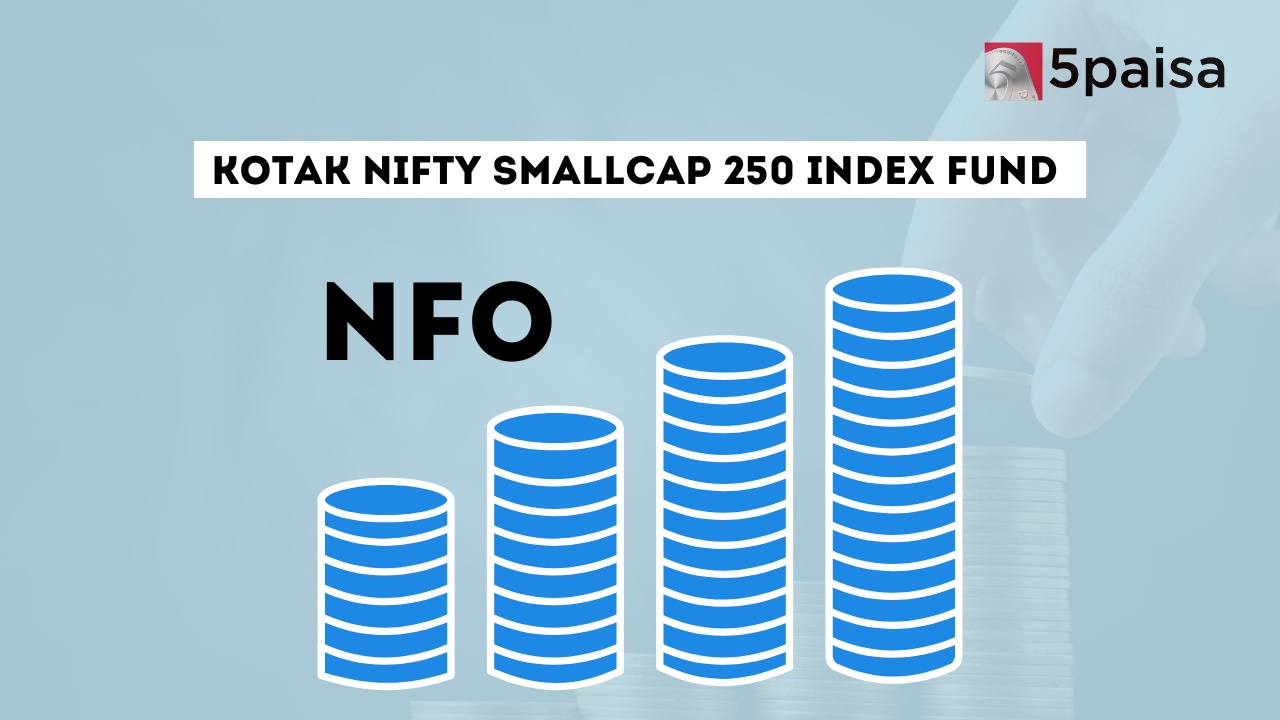GIFT City Tax Sops Shift FPIs Away from Mauritius, Singapore: What's Driving the Change?

Last Updated: 23rd May 2024 - 02:37 pm
As India's pioneering and exclusive International Financial Services Centre, GIFT City is rapidly becoming a preferred choice for foreign portfolio investors. These investors are choosing this special zone over established investment hubs like Mauritius and Singapore.
Legal experts and industry stakeholders attribute the trend primarily to the Indian government's efforts to promote GIFT City over established investment hubs like Mauritius, Singapore, Netherlands, and Luxembourg by offering tax incentives and improved business facilitation measures.
The experts have argued that although GIFT City provides guaranteed tax benefits supported by a robust legal and regulatory framework, similar benefits offered by other countries, including those based on double taxation avoidance agreements (DTAA), have come under scrutiny and are therefore unreliable.
“The ten-year exemption on any type of business income in GIFT City is a legal provision, so chances of the government modifying it are very remote,” says Vinod Joseph, Partner at Economic Laws Practice.
In the context of the India-Singapore Double Tax Agreement (DTA), the Indian government possesses the authority to renegotiate DTA terms and revoke tax advantages and this holds relevance since India has recently revised tax avoidance treaties with the explicit purpose of deterring such practices, he added.
“After the amendment, the compliance burden has increased for FPIs and there is more reporting to be done from the FPI side, which is encouraging investors to move to GIFT City,” says Rohit Arora, CEO and Co-founder of Biz2X, a fintech platform.
To curb treaty abuse, a new Principal Purpose Test (PPT) was recently introduced. This amendment requires Mauritius-based funds that invested in India before a specific date and haven't yet divested to provide substantiation. They must demonstrate why Mauritius was chosen as the investment location and confirm the presence of genuine business operations within the country.
“A part of the government is indicating the larger investment community to be in GIFT City if they really want a tax-free structure. If you are not in GIFT City and are expecting (the government) to support the FPIs using the Mauritius or Singapore route, it will be challenging,” says Shravan Shetty, managing director at Primus Partners, a business and management consultancy firm.
The Securities and Exchange Board of India (SEBI), the capital markets regulator, has recently taken steps to facilitate investment inflows by enabling Foreign Portfolio Investors (FPIs) established in GIFT City to accept larger investments from Non-Resident Indians (NRIs) and Persons of Indian Origin (PIOs).
Interestingly, the cost of setting up and other operational costs in GIFT City are significantly lower compared to Singapore and Dubai.
“While both Singapore and Dubai are established financial hubs, the lower expenses associated with GIFT City make it a more viable option for many people looking to maximize their financial efficiency and operational flexibility,” says Siddharth Mody, Partner at JSA Advocates and Solicitors.
- Flat ₹20 Brokerage
- Next-gen Trading
- Advance Charting
- Actionable Ideas
Trending on 5paisa
01
 5paisa Research Team
5paisa Research Team
06
 5paisa Research Team
5paisa Research Team
Indian Market Related Articles
Disclaimer: Investment in securities market are subject to market risks, read all the related documents carefully before investing. For detailed disclaimer please Click here.




